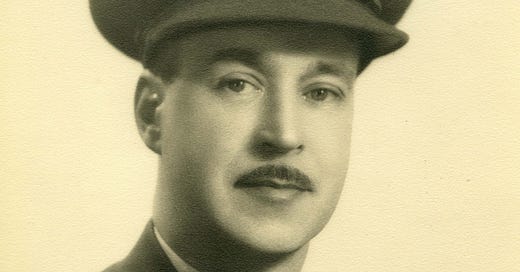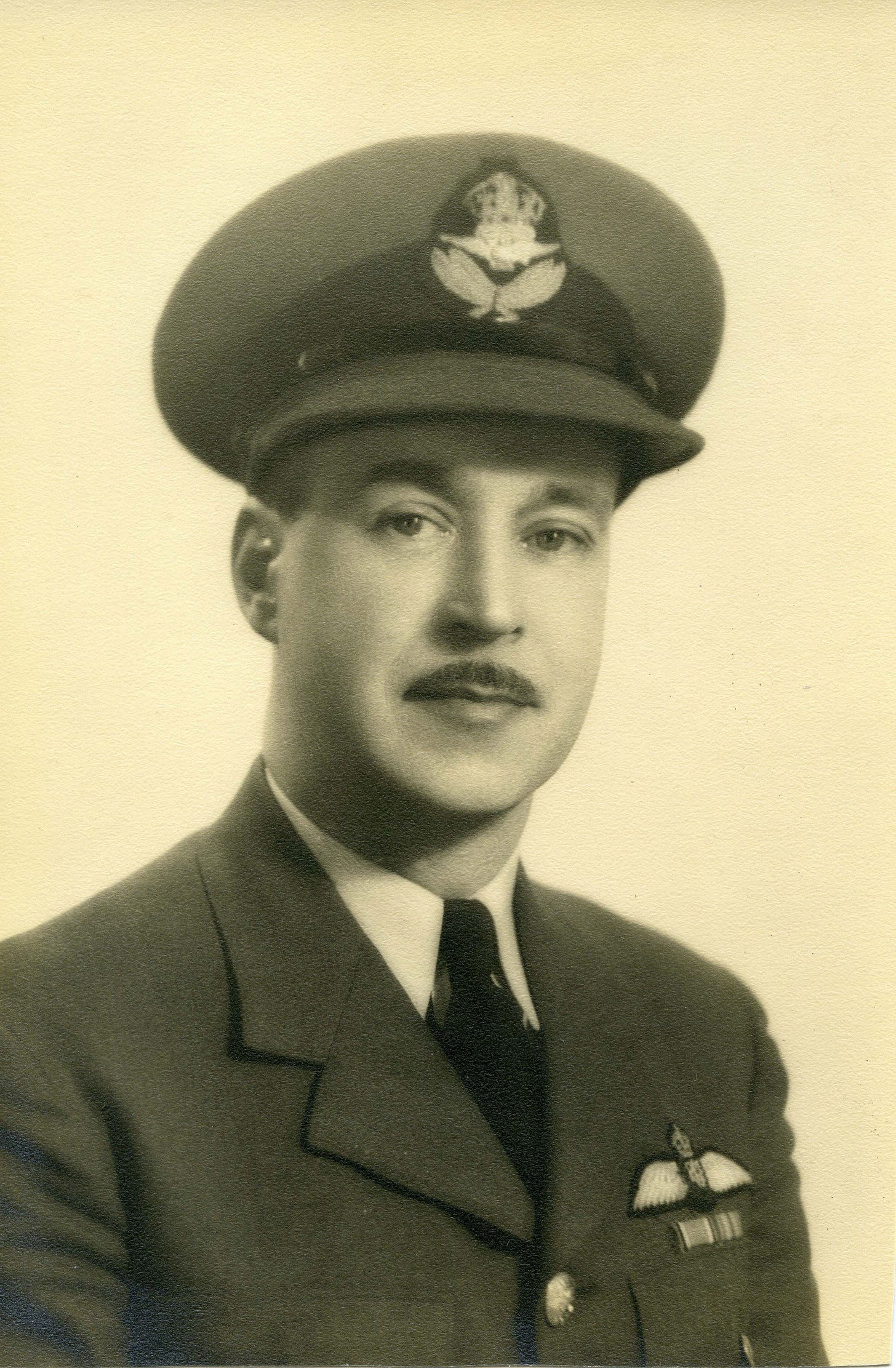Memory defines us
Our relationship with the dead is determined by the things we use to remember them with
The dead have no say in how we remember them.
It feels like most people are forgotten without a trace. But many can be resurrected from oblivion and nothingness.
For as long as we are alive, we are in charge of the dead, and what we think of them.
Remembering is a choice we make
“Lest we forget,” or “never forget,” a leitmotif of the First World War, is more complicated than the phrase suggests. Never forget what exactly? The events, the people, the sacrifice? The generalities or the fine details? What mix of each?
It’s not possible to remember absolutely everything. Some memories aren’t even reliable.
So the question becomes: what do you decide to remember, what is even possible to remember, and what falls away into forgetfulness?
While researching this project I came across an extraordinary book called In Memory of Memory by Maria Stepanova. In it, she pieces together her family history through photographs, letters, diaries, personal memories, official history and more.
I read the book at a moment of confusion about my relationship with the past. I knew I cared about it. It felt important. But I didn’t really know why.
Stepanova’s ideas about the role of memory were a huge influence on my approach to telling stories about the airmen of the First World War, and my great-grandfather in particular.
On the one hand, I was confronted with a staggering amount of information. The number of preserved historical documents from the war is greater than any person could read in a lifetime.
It’s like being able to reconstruct a forest that disappeared a century ago. I can look at the whole thing at a glance, can see where individual trees grew, died, and fell. I can even grab a magnifying glass and inspect the bark.
As noted in a previous story, I know that three men took off in their heavy bomber at exactly 7.43 p.m. one evening in September, 1918. How long it took them to reach their target, how many bombs they dropped, what they hit, when they returned, is all documented.
In Wade Davis’s book Into the Silence (which is partly about the First World War), the author finds himself astonished by how much he can find out. “The Great War was so thoroughly documented that one wonders how the men found time to fight.” He then notes, “it was possible to track each of our men through the war with a level of specificity I would not have imagined possible at the outset.”1
My own experience has been similar. At the start, I doubted I’d be able to find much out about my great-grandfather beyond confirming some basic facts. As it turns out, I’m not sure I’d be able to reconstruct my own life at the age of 19 with such detail.
Despite this, I don’t actually know what the moment looked, sounded or smelled like at 7.43 p.m. Was the mood calm, with each man carefully carrying out his duties ahead of takeoff? Or was there a frantic rushing around to get everything ready in time?
How difficult was it to start up the airplane’s two Rolls Royce engines?
Were the men looking forward to the flight, keen to soar into the unknown and do battle with the enemy? Or were they quietly terrified? Were they casually chatting with one another about girls, or complaining about the food and their commanding officers? Did they sing songs together, like would happen around the piano in the mess hall? The questions never end.
I am forced to imagine these things, because they do not exist. There are no film or sound recordings of the event. What was never captured cannot be reproduced.
It’s like slipping unnoticed from non-fiction into fiction. The factual and verifiable give way to myth, dreamscape, and the birth of ghosts.
The dead become undead
Our relationship with the dead is determined by the things we use to remember them with.
Nowadays, seemingly everything is recorded in pictures, video and sound, and much of it is never erased. It persists on YouTube, social media, in phones, computers and hard drives. When people die, we can still watch and listen to them as much as we want. They are undead.
Stepanova says, “the unreproducible has disappeared from life.”
By that measure, my great-grandfather and many others from the First World War are thoroughly dead. We cannot bring them to life with a video or sound recording from the time. There are a few pictures, and some wrote diaries and letters, but much of what they experienced cannot ever be truly reproduced. It’s gone.
This isn't necessarily a bad thing. Should the dead not be entitled to take secrets with them? And yet I find myself doing everything I can to resurrect that world. I want to extract the airmen from that time, from death, and sit them down at my dining room table.2
Do I want to bring them back to life? Or do I want to live through them? I don’t know.
Stepanova says,
Past lives are endlessly submissive, allowing us to do whatever we may decide to do with them. They reject no interpretation, endure any amount of humiliation, exist outside the rule of law or any notion of fair play. Culture treats the past as a state treats its mineral wealth, mining it for all its worth; this parasitical relationship with the dead is a profitable industry. The dead agree to everything we do to them.
The above quote makes me worry that I am disrespecting the dead. I don’t want to humiliate them or treat them callously. But I also don’t want to cover them with a glossy coat that makes them appear shinier and prettier than they really were.
What would my great-grandfather have thought about the telling of these stories, were he magically around today?
He might have been furious. Family members I’ve spoken to say he never talked about the war later in life, and probably wouldn’t have if asked.
However, in the Second World War (by then he was 40 years old and living in Canada), he signed up with the Royal Canadian Air Force as a recruiting officer. He traveled the country signing up young men for the war effort.
His pilot’s wings were sewn onto his uniform, and that must have prompted questions from others. When were you a pilot? The First World War? What was that like? What did you do? As a recruiting officer, did he not answer these questions? Was he not actively keeping memories alive?
He must have wanted to talk about it, at least among some people.
I don’t know whether he would be angry at my attempt to remember and re-tell his story, or whether he’d be pleased.
But now, more than half a century after his death, he has no say. Only the living have the power to tell stories. So why do I do it if I am uncertain whether he would approve? Because I can’t live with the idea that he has disappeared into oblivion. I see him and the war fading into the distance. The only thing to do is reach out in desperation and grab hold of what I can.
This quote can be found in the extensive annotated bibliography at the end of Davis’s book. I’m guessing many people skip over it, but it offers a fascinating window into how Davis finds out what he finds out. For anyone wanting to read more about the First World War, or of the other topics Davis explores in the book, the annotated bibliography is a treasure trove of suggestions.
The Imperial War Museums did the next best thing. They sat down with as many First World War veterans as they could find and recorded audio interviews with them. You can listen to the men in their own words, in the podcast series called Voices of the First World War.




